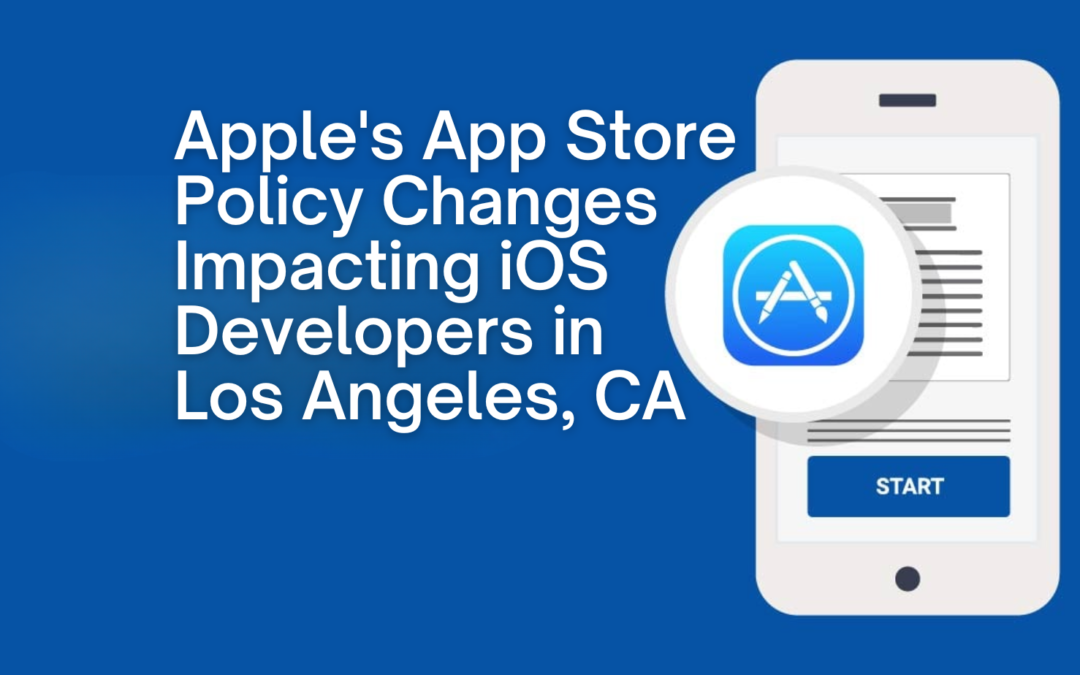Adapting to Legal Pressures: Apple’s Evolution in App Store Revenue Models
In the fast-paced world of digital commerce, Apple finds itself at the forefront of legal battles over its App Store policies, with recent court-ordered changes reshaping its approach to revenue generation. As the tech giant responds to mounting scrutiny, the future of its revenue streams hangs in the balance, impacting both developers and consumers alike, including iOS developers in Los Angeles, CA.
Navigating Legal Waters: Apple’s Adjustments to App Store Policies
In January 2024, Apple made significant changes to its policies for software developers offering their programs on its online store. According to documentation on Apple’s website, developers are now permitted to include links to external websites for purchases made within their apps, but Apple will still retain a 27% cut of the sale.
This change comes as a result of a court order stemming from an antitrust lawsuit by video game maker Epic, which had contested Apple’s fee of up to 30% on in-app purchases. Despite the adjustment, Epic CEO Tim Sweeney has vowed to challenge the new policy in federal court, arguing that it is a “bad faith” effort to comply with the 2021 federal court mandate.
Implications and Challenges: Epic’s Opposition and Apple’s Legal Fees
Epic’s opposition to the revised policy highlights the ongoing tensions between tech giants and developers over revenue-sharing practices. Sweeney asserts that developers cannot offer digital items more affordably on the web after paying both a third-party payment processor fee and Apple’s new 27% “Apple Tax.”
Meanwhile, Apple’s move allows it to maintain its share of the lucrative in-app purchase market. Customers spent $85 billion on in-app purchases through Apple’s app store in 2021, and this figure is projected to nearly double to $161 billion by 2026, according to a 2022 report by Sensor Tower.
In addition to implementing policy changes, Apple has also filed a demand in court for Epic to pay $73.4 million in legal fees. While this represents a “10% discount” from the $81.6 million initially claimed, it underscores the financial stakes and ongoing legal battles between the two companies.
Looking Ahead: The Future of App Store Economics

As Apple continues to navigate legal challenges and regulatory scrutiny, the future of its App Store revenue model remains uncertain. However, by prioritizing transparency, fairness, and regulatory compliance, Apple aims to ensure a sustainable ecosystem for developers and consumers alike, including iOS developers in Los Angeles, CA.
Conclusion
In conclusion, Apple’s response to legal pressures underscores the complexities of managing digital platforms in today’s regulatory environment. As the company evolves its App Store policies, it must strike a balance between profitability, competitiveness, and compliance with legal and regulatory standards. The outcome of these efforts will shape the future of the App Store and the broader digital economy for iOS developers in Los Angeles, CA, and beyond.
Also read: App Store Optimization Launch Checklist – Entrepreneur’s Guide




